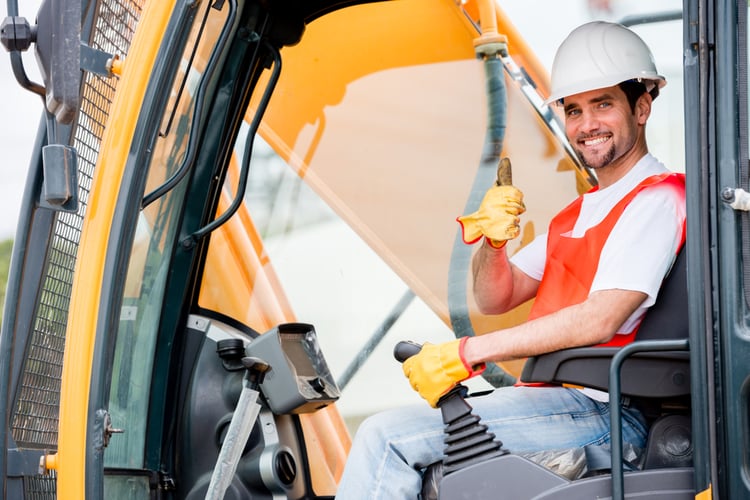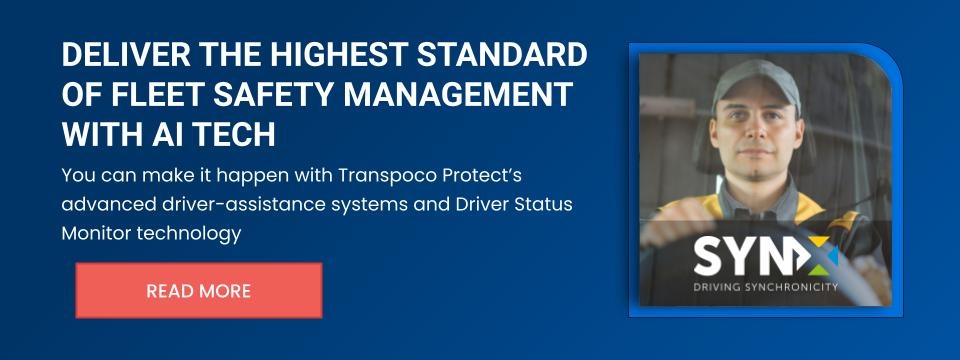
In the Irish construction industry, the efficient management of vehicles plays a pivotal role in ensuring the seamless execution of projects. Construction companies rely on various vehicles, from bulldozers to pavers, from trucks to cranes, each serving distinct purposes within the industry.
As the sector undergoes expansion with projects growing in scale and complexity, it grapples with a unique set of challenges, including intricate regulatory compliance, a shortage of drivers and specialized workers, and the imperative to embrace sustainable practices from both environmental and financial perspectives.
The construction sector in Ireland and globally
The recorded value of the Irish construction market output in 2022 reached €32 billion. Globally, the construction sector is poised for uneven growth due to economic uncertainty, while inflation continues to impact construction material costs, including those related to vehicles. Despite these challenges, the demand for warehouses, housing, and industrial buildings is on the rise, underscoring the urgency for construction companies to streamline vehicle operations.
What challenges do Irish construction fleets need to address today?
Irish construction fleets have to address several challenges:
- Workforce Shortages: The industry faces a shortage of skilled workers, potentially impacting project efficiency. The persistent driver shortage in Europe further emphasizes the need for strategic workforce management.
- Fleet Costs Control: Inflation affects labour, fuel, and equipment prices, while material shortages contribute to delays, quality issues, and price hikes.
- Safety Challenges: Construction is one of the sectors with the highest safety risks for employees. Investing in appropriate measures is crucial to prevent and mitigate them.
- Security and Protection of Vehicles: Construction vehicles and equipment are vulnerable to theft, vandalism, and damage, leading to financial losses and operational delays.
- Regulations Compliance: Construction companies must comply with various regulations and standards, providing accurate and timely reports of relevant data such as driver logs, vehicle inspections, fuel tax reports, and safety audits.
How can telematics help construction fleets?
Telematics emerges as a transformative solution to help Irish construction fleets overcome these challenges:
- Improving Productivity and Profitability: GPS vehicle tracking through telematics enables real-time monitoring of the location, status, and performance of construction vehicles and mobile equipment. This optimization allows for better route planning and vehicle utilization.
- Costs Saving: Enhanced visibility and accurate vehicle data inform about actual expense, fuel consumption, and maintenance needs, facilitating informed decisions to boost profitability and reduce costs.
- Enhancing Safety: Telematics aids in ensuring driver safety by alerting managers to erratic driving behaviour or unusual vehicle patterns, helping prevent accidents.
- Improved Security: Telematics provides information about operating machines and their location through geofencing, helping prevent theft, vandalism, and unauthorized use.
- Simplifying Compliance and Reporting: Telematics automates the collection and reporting of relevant data, reducing manual work, errors, and potential penalties associated with regulations and standards.
In the face of these challenges, integrating telematics solutions like Transpoco Move emerges as a strategic opportunity for Irish construction fleets, offering a comprehensive approach to enhance efficiency, reduce costs, and ensure safety and compliance.



